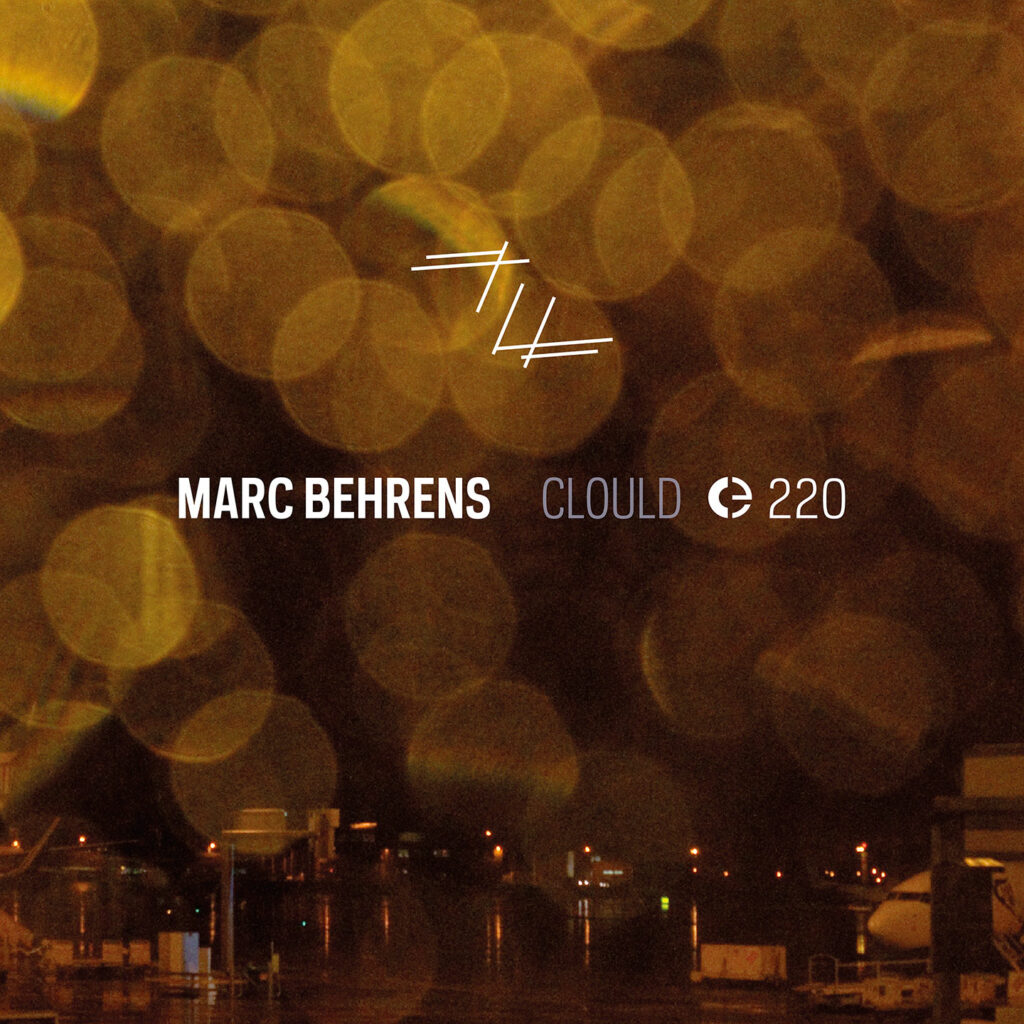
We’re still reeling from Mut Att Narc Imm which we noted in 2019, continuing in our way to typecast this player as severe and extreme in his very distinct approach to minimalism, but it’s more likely we’re still enduring self-induced nightmares and sleepless nights from that image of a red claw. In fact this fellow has a wide range of milieu in which he operates, including installations, performance, theatre, fine art and photography, and not just making records. It’s also important to note that text and image are arguably equally valuable weapons in his Stanley FatMax bag. Matter of fact even the title of Clould is an ingenious compacted piece of textual wordplay, splicing together the “clouds” so familiar to both weathermen and airline pilots, and the verb “could” – strongly implying something our own human potential for doing something.
Having suggested early on that we, as human beings, believe in supernatural beings who live in the clouds and influence us (citation needed), Behrens returns to matter-of-fact realist mode by presenting us with five segments of sound art that have their origins in airports and airplanes. That’s right, field recordings taken from these environments – and I seem to recall that recordings made inside a jet airliner were once quite common among avant-garde sound artists, as they flew from one highly-paid gig to another, but Behrens intends something quite different. For one thing, he’s reprocessing voice recordings (radio announcements?) on these tapes, and grinding them down into atomistic fragments, thereby making some further conceptual and artistic points – he likes the idea that ghosts can appear out of these digital artefacts, that he’s somehow deconstructing language, and even that he’s realigning things on the principles of Buddhist mysticism in some fashion. By this means he circles back to his original proposition about the gods who live in the clouds.
While this thought-equation certainly works on a cerebral level, not all the music here succeeds in manifesting the ideas very strongly, not even when we get to the lengthy climax of the ‘5th Movement’, where the voices truly start to emerge. The nuances of tone variation here are handled with tremendous skill, but the over-familiar digital crunching and time-stretching techniques used on the voice parts are a bit naff, and tend to distract from the plan. I’m not asking for an Erich Von Daniken moment, but surely the voices of the Gods ought to be more convincing, more profound, more articulate than this? Ed Pinsent
